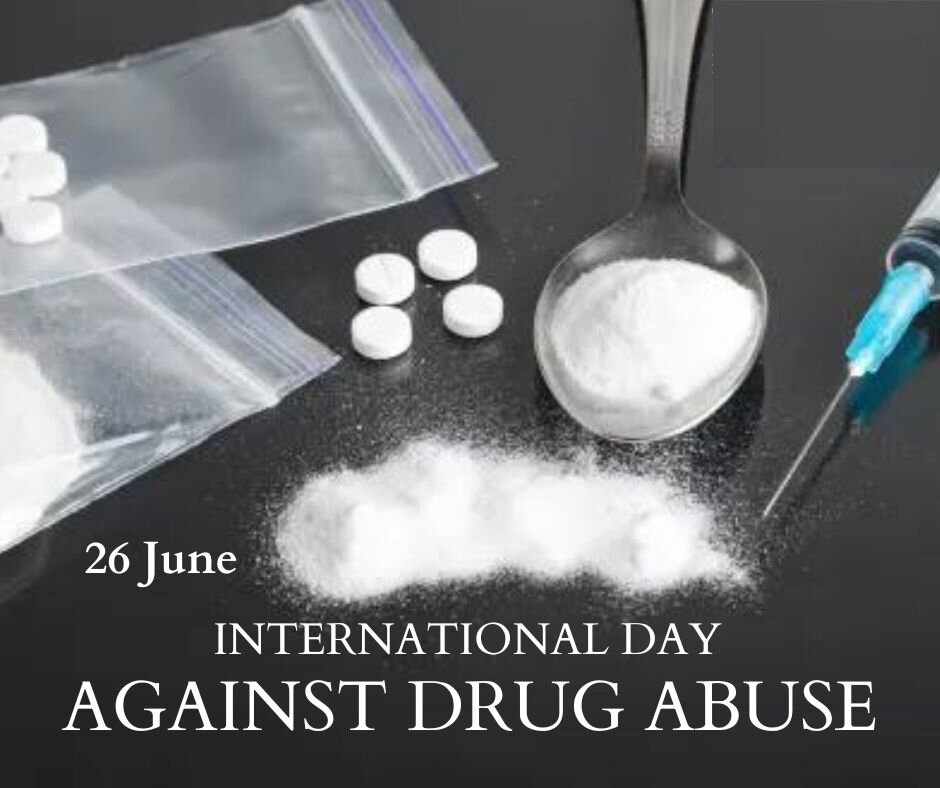Sanctions on Iran’s fight against narcotics will boomerang on imposers: official

TEHRAN –Imposing sanctions on Iran, particularly in the fight against narcotics, will have adverse impacts on imposers, decreasing the global security consequently, the Iranian Police Chief, Brigadier General Ahmad Reza Radan, has said.
He made the remarks on the occasion of the International Day Against Drug Abuse and illicit trafficking.
The day is marked on June 26 every year to strengthen action and cooperation in achieving a world free of drug abuse.
The official went on to say that if it were not for brave Iranian forces’ sacrifice, the world, particularly European countries, would have been far more heavily engaged in drug issues; and many more young people would have lost their lives.
“With 4,000 martyrs and over 12,000 veterans in the fight against drugs, we are proud to have managed to save many youths’ lives both nationally and internationally.
Stressing that Iran is at the forefront of the fight against narcotics, he said about 130 tons of narcotics were seized since the beginning of the current Iranian year (March 19).
On June 7, Radan underscored that Logistical, equipment, and financial sanctions under the pretext of political sanctions, in practice, have left Iran alone in dealing with the world's largest drug trafficking axis.
While about 35-40 percent of the drugs produced in Afghanistan are smuggled through Iran to enter Europe and west of Asia, Western countries have so far withheld even the slightest aid to Iran.
Relying on the expertise of Iranian elites and researchers, as well as using up-to-date equipment and modern inventions of knowledge-based companies, the anti-narcotics police has been able to achieve good results in drug discoveries and arresting drug dealers.
Considering that drug-related crimes are considered transnational organized crimes, no single country can effectively tackle the fight against drugs alone.
Effective implementation of anti-narcotics programs
In March, the secretary general of the anti-narcotics headquarters stressed the need for effective implementation of anti-narcotics programs in the region free from political considerations.
“One of the most important challenges of the present era is the narcotic drugs, industrial substances and new psychedelics and the sufferings that I would like to refer to as the quiet war against humanity,” IRIB quoted Eskandar Momeni as saying.
He made the remarks in the 67th UN Commission on Narcotic Drugs, urging all countries to be committed to the sustainable and effective implementation of international drug control conventions.
“In the past five years, adopting a balanced strategy in the fight against drugs, the Islamic Republic of Iran has taken effective measures to promote security and public health in alignment with the implementation of the 2019 Ministerial Declaration, international treaties, and conventions,” Momeni added.
He referred to the compilation and implementation of the comprehensive document on treatment and harm reduction; the expansion of treatment centers both quantitatively and qualitatively, the maximum use of the private sector and non-governmental organizations (7,200 centers), employing diverse treatment methods including pharmaceuticals and psychological and social interventions, ensuring access to medicinal substances for medical and scientific purposes, boosting harm reduction programs by providing various services to people at risk and managing the spread of AIDS and Hepatitis C as other measure taken by the country.
Momeni further underscored the need to stop the cruel and unilateral sanctions and foster cooperation between the United Nations, international communities, and Iran in various aspects to strengthen the global fight against drugs.
In June 2023, the UNODC representative in Tehran, Alexander Fedulov said Iran should provide other countries of the world with its experiences in dealing with narcotics.
“The successful experiences of Iran’s anti-narcotics police in the field of combating drug transit should be made available to all countries in the region and the world in different ways,” he added.
The international community, while becoming more familiar with the countermeasures of the Islamic Republic of Iran, should provide more support for the fight against narcotics in this country, the UNODC official stressed.
Invest in prevention
In December 1987, the General Assembly decided to observe 26 June as the International Day against Drug Abuse and Illicit Trafficking as an expression of its determination to strengthen action and cooperation to achieve the goal of an international society free of drug abuse.
Supported each year by individuals, communities, and various organizations all over the world, this global observance aims to raise awareness of the major problem that illicit drugs represent to society.
This year’s International Day Against Drug Abuse and Illicit Trafficking theme is “The evidence is clear: invest in prevention,” which highlights the importance of policies based on science, research, and statistics.
It recognizes that effective drug policies must be rooted in science, research, full respect for human rights, compassion, and a deep understanding of the social, economic, and health implications of drug use.
Together, let us amplify our efforts to combat the global drug problem, guided by the principles of science, compassion, and solidarity.
Through collective action and a commitment to evidence-based solutions, we can create a world where individuals are empowered to lead healthy, fulfilling lives.
MT/MG
